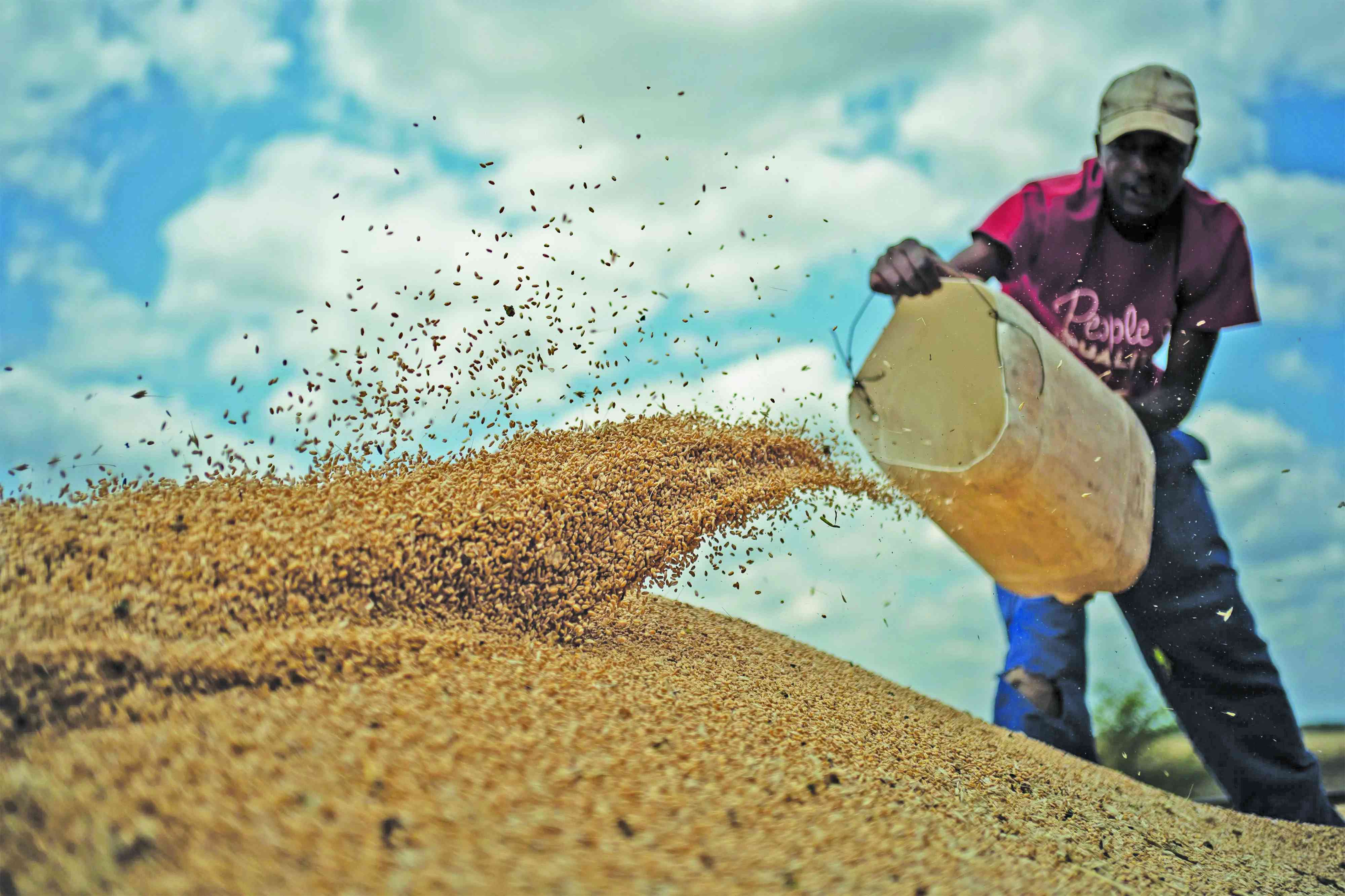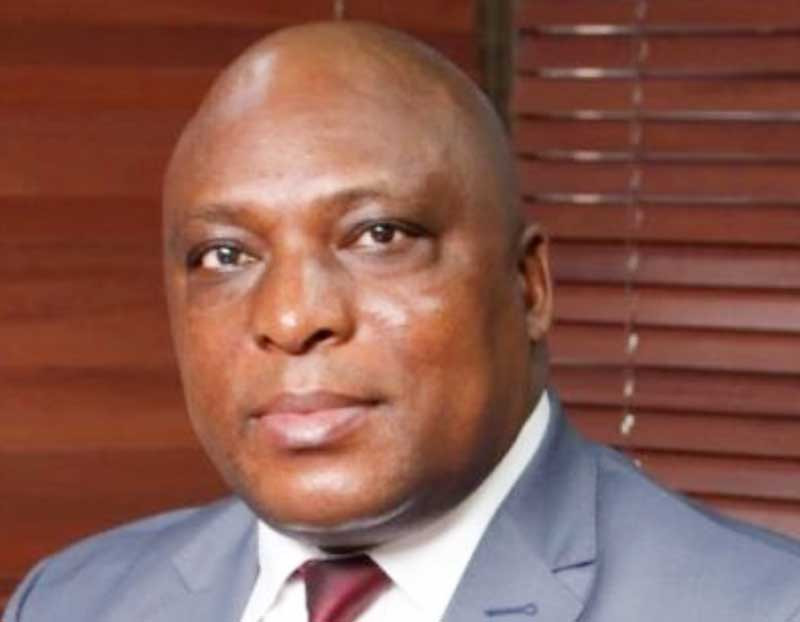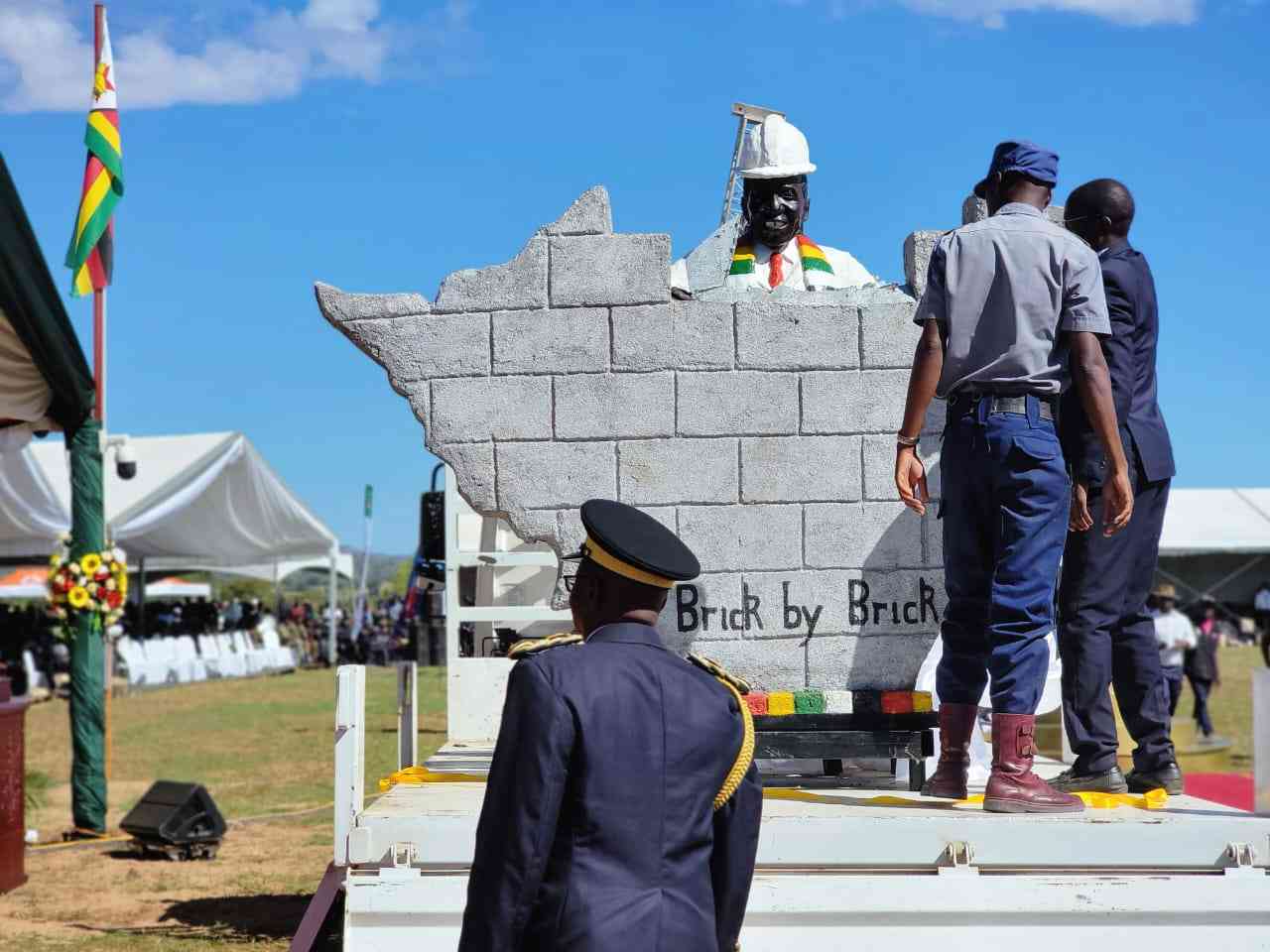
LAST Wednesday, Zimbabwe joined the rest of the world in commemorating World Democracy Day but the country faces a darkening future under the current leadership, with gains made in the recent past being fast eroded by a man determined to eradicate any possible threat to his grip on power.
Civic society organisations issued statements, all expressing one reality that the country’s democracy was at stake, if not in the intensive care unit already, due to a disregard of the Constitution by President Emmerson Mnangagwa and his government.
Mnangagwa is no democrat by any measure, let alone his history, however, white the brush he uses to try and paint a different picture. His relentless onslaught on human rights such as freedom of expression and assembly has been the hallmark of his rule since he took over in November 2017 following a coup that toppled his former boss, the late former President Robert Mugabe.
State-sponsored destabilisation of opposition parties through recall of MPs and councillors while at the same time banning by-elections has deprived many citizens of their right to representation by elected officers of their choice.
Abuse of State institutions has diminished the separation of power principle, while permitting the abuse of citizens by State security agents. The list of abuses is endless and the situation will get worse as the 2023 elections loom on the horizon.
Mnangagwa has already shown a penchant to unleash the military on citizens each time they protest one injustice or the other. The deployment of soldiers to quell post-electoral violence in August 2018 and fuel riots of January 2019 are still fresh in people’s minds.
ED, as his supporters like to call him, has turned the country into a captured State where private power networks that include his cronies pose the greatest threat to civil liberties.
It is sad that Zimbabwe has been named in a recent report published by Ghana’s Centre for Democratic Development as one of the shadow States whose electoral systems, Judiciary, Legislature have been captured by private capital, entrenching authoritarianism.
- Chamisa under fire over US$120K donation
- Mavhunga puts DeMbare into Chibuku quarterfinals
- Pension funds bet on Cabora Bassa oilfields
- Councils defy govt fire tender directive
Keep Reading
Shadow States are countries where unelected businessmen, civil servants, political fixers and members of the Presidents’ family wield more power than legislators.
Mnangagwa should be concerned about the direction he is taking the country. When he took over power, he promised to reunite the country with the international community through the restoration of rule of law and human rights. But all hope is fading, human rights abuses continue unabated, while tampering with the Constitution has escalated to unprecedented levels.
Mnangagwa should be wary about his legacy and do the right thing now; otherwise history will judge him harshly. He should learn from Mugabe’s mistakes and strive to be what Zimbabweans wanted when they celebrated the former strongman’s ouster. He should remember the old saying which goes: he who lives by the sword, dies by the sword.
Mnangagwa needs people by his side, not guns.











